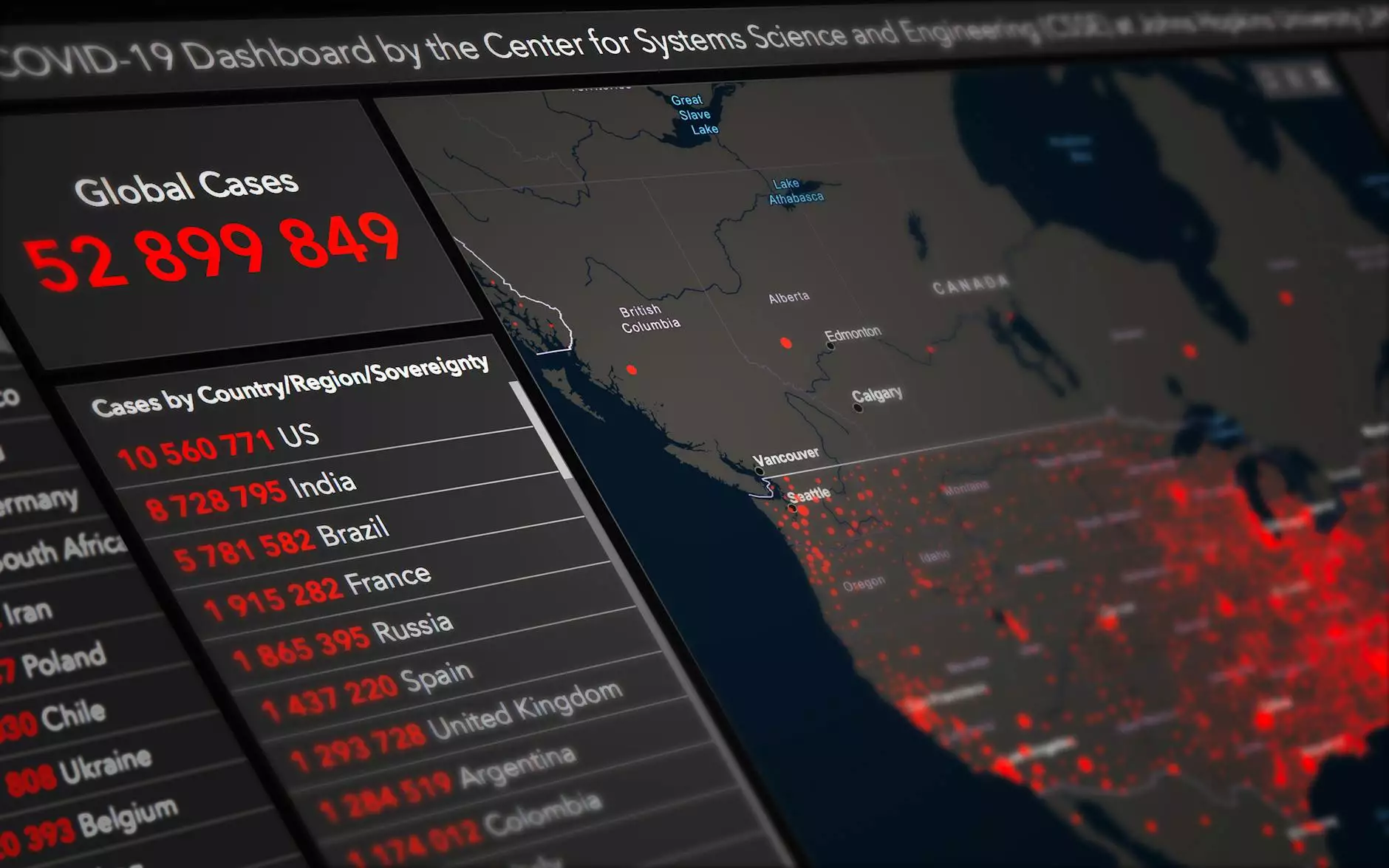Differentiating Between ADHD and Anxiety in Children

At Naturally with Karen, we understand the importance of accurately identifying and understanding the unique challenges faced by children with ADHD and anxiety. In this comprehensive guide, we will provide you with detailed information and guidance to help you differentiate between ADHD and anxiety in children.
Understanding ADHD
ADHD, which stands for Attention-Deficit/Hyperactivity Disorder, is a neurodevelopmental disorder that commonly affects children. It is characterized by persistent patterns of inattention, hyperactivity, and impulsivity that are more severe and frequent than what is typically observed in individuals of similar age and developmental stage.
Children with ADHD often struggle with staying focused, following instructions, organizing tasks, and managing their impulses. They may exhibit disruptive behaviors, have difficulty maintaining attention, and face challenges with academic performance and social relationships.
Identifying ADHD Symptoms
The symptoms of ADHD can be categorized into two main subtypes: primarily inattentive and primarily hyperactive-impulsive. Some children may exhibit symptoms from both subtypes, known as the combined presentation.
Primarily Inattentive ADHD:
- Frequent lack of attention to details or making careless mistakes
- Difficulty sustaining attention in tasks or play activities
- Easily distracted by external stimuli
- Forgetfulness with daily activities
- Lack of organization and procrastination
Primarily Hyperactive-Impulsive ADHD:
- Restlessness and constant fidgeting
- Inability to stay seated for extended periods of time
- Talking excessively
- Impulsivity, commonly interrupting others
- Difficulty waiting for their turn
If you notice several of these symptoms consistently and they significantly impact your child's daily functioning, it is crucial to consult with a healthcare professional who specializes in ADHD diagnosis and treatment.
Understanding Anxiety
Anxiety disorders, on the other hand, involve excessive and persistent worry, fear, or unease that can interfere with a child's daily life. While it is normal for children to experience occasional anxiety, an anxiety disorder is characterized by an intensified and prolonged sense of fear or worry.
Children with anxiety disorders may display symptoms such as excessive worrying, avoidance of certain situations, physical symptoms (e.g., headaches, stomachaches), difficulty sleeping, and changes in behavior, such as being irritable or tearful.
Identifying Anxiety Symptoms
Anxiety disorders can manifest in different ways, and it's important to observe and recognize potential symptoms. Here are some common anxiety disorder symptoms in children:
Generalized Anxiety Disorder (GAD):
- Excessive worry and fear about various issues
- Overthinking, difficulty controlling worrying thoughts
- Restlessness or feeling on edge
- Irritability and difficulty concentrating
- Perfectionism and seeking reassurance
Social Anxiety Disorder:
- Fear or avoidance of social situations
- Intense self-consciousness and fear of embarrassment
- Difficulty making friends or speaking in public
- Physical symptoms when facing social situations
If your child consistently experiences these symptoms, it is important to seek professional guidance to determine whether they are dealing with an anxiety disorder or another related condition.
Differentiating ADHD from Anxiety
Distinguishing between ADHD and anxiety in children can be challenging, as both conditions can present overlapping symptoms. However, a careful evaluation and thorough understanding of the child's behavior and emotional patterns can help differentiate between the two.
ADHD is primarily characterized by issues with attention, hyperactivity, and impulsivity, whereas anxiety disorders involve intense worry, fear, and physical symptoms. While impulsivity can be present in both conditions, anxiety-driven behavior tends to be more related to excessive worry and fear of potential consequences.
Consulting with a healthcare professional specializing in child development and mental health is crucial for an accurate diagnosis. They will conduct a comprehensive evaluation that may involve interviews, questionnaires, and observations to determine the underlying factors contributing to your child's symptoms.
Seeking Professional Support
Being able to differentiate between ADHD and anxiety in children is vital for providing appropriate support and intervention. At Naturally with Karen, we understand the importance of seeking professional guidance and utilizing evidence-based strategies to help your child thrive.
Remember, every child is unique, and a comprehensive evaluation is necessary to provide them with the most effective support. If you suspect your child may be experiencing symptoms of ADHD or anxiety, we encourage you to reach out to a qualified healthcare professional for guidance.









